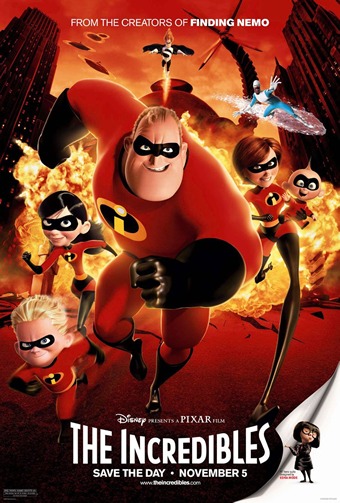
We'll be attempting to review 500 films in 365 days including the biggest new releases, the little underground gems, the famous Hollywood classics and the most acclaimed works of world cinema. However, we'll also be keeping you up to date with the latest news in the cinema industry and discussing topical movie related issues too! Welcome to The Cinema Blog.
Replace these every slider sentences with your featured post descriptions.Go to Blogger edit html and find these sentences.Now replace these with your own descriptions.This theme is Bloggerized by Lasantha - Premiumbloggertemplates.com[...]


Replace these every slider sentences with your featured post descriptions.Go to Blogger edit html and find these sentences.Now replace these with your own descriptions.This theme is Bloggerized by Lasantha - Premiumbloggertemplates.com[...]


Replace these every slider sentences with your featured post descriptions.Go to Blogger edit html and find these sentences.Now replace these with your own descriptions.This theme is Bloggerized by Lasantha - Premiumbloggertemplates.com[...]
If you are going [...]



02) Wall-E - Define Dancing

This kind of thing might leave young viewers a little bored, so it's a good thing Bird continually dazzles the eyes with vibrant imagery and heart-stopping action. Also, kids won't miss the film's main point that we can't change nature, that change is nature, and that it's up to us to choose to move forward. But then, that's an important message for all of us.



 I've had the pleasure of attending two film festivals since my obsession with movies began: London and Edinburgh. Despite the fact that London generally has the more popular films, showcasing everything from The Road and The Fantastic Mr. Fox to Oscar nominees A Serious Man and Up In The Air last year, I will always prefer the Edinburgh Film Festival.
I've had the pleasure of attending two film festivals since my obsession with movies began: London and Edinburgh. Despite the fact that London generally has the more popular films, showcasing everything from The Road and The Fantastic Mr. Fox to Oscar nominees A Serious Man and Up In The Air last year, I will always prefer the Edinburgh Film Festival.

 A Bug's Life is possibly the lowest point in Pixar's career. However, that feels like a criminal thing to say because, despite the fact it doesn't reach the level of creativity and inventiveness of their other work, it's still far better than most of the kids films you'd find from any other studio.
A Bug's Life is possibly the lowest point in Pixar's career. However, that feels like a criminal thing to say because, despite the fact it doesn't reach the level of creativity and inventiveness of their other work, it's still far better than most of the kids films you'd find from any other studio.



Due to some errors we have had to move websites. We can now be found at http://www.thecinemablog.net



